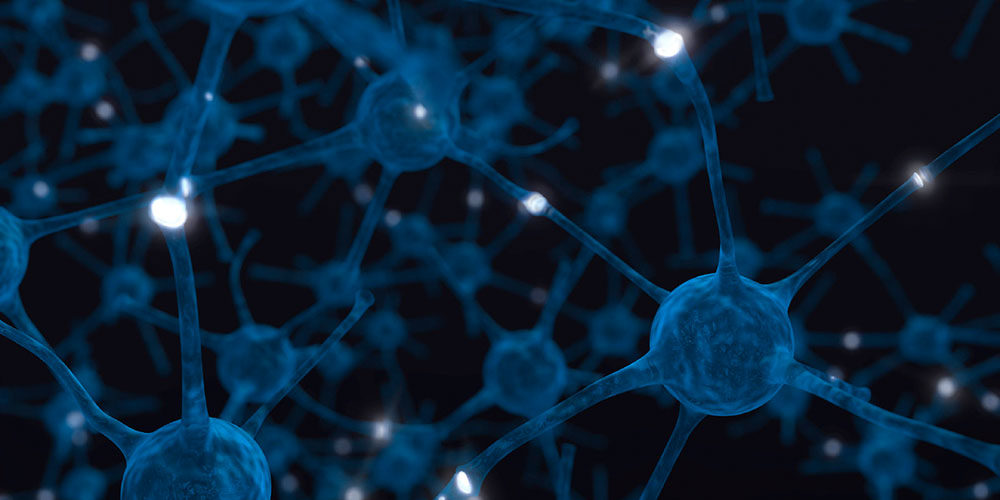Researchers at the University of Basel have discovered a molecular mechanism that plays a central role in intact long-term memory. This mechanism is also involved in physiological memory loss in old age.
Many life forms, from worms to humans, have differentiated memory functions, such as short-term and long-term memory. Interestingly, at the cell and molecule level, many of these functions are nearly identical from life form to life form. Detecting the molecules involved in memory processes is of great importance to both basic and clinical research, since it can point the way to the development of drugs for memory disorders. More

© At the cell and molecule level, many memory functions are nearly identical from life form to life form. (Symbolic image: Birth Into Being / Flickr CC BY-NC-SA 2.0)